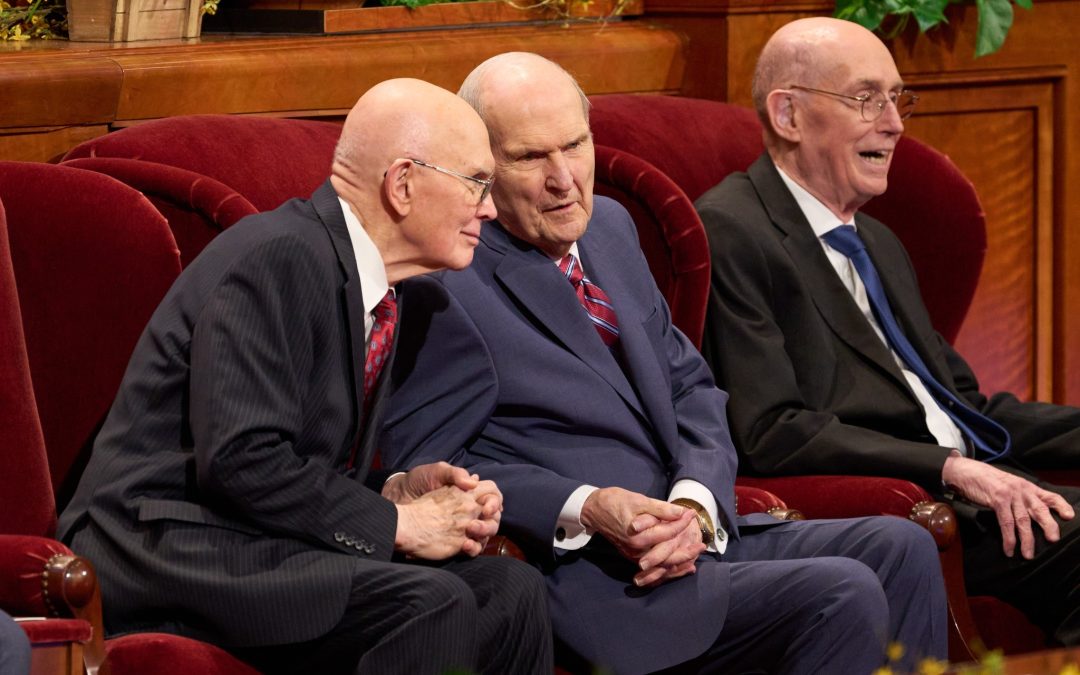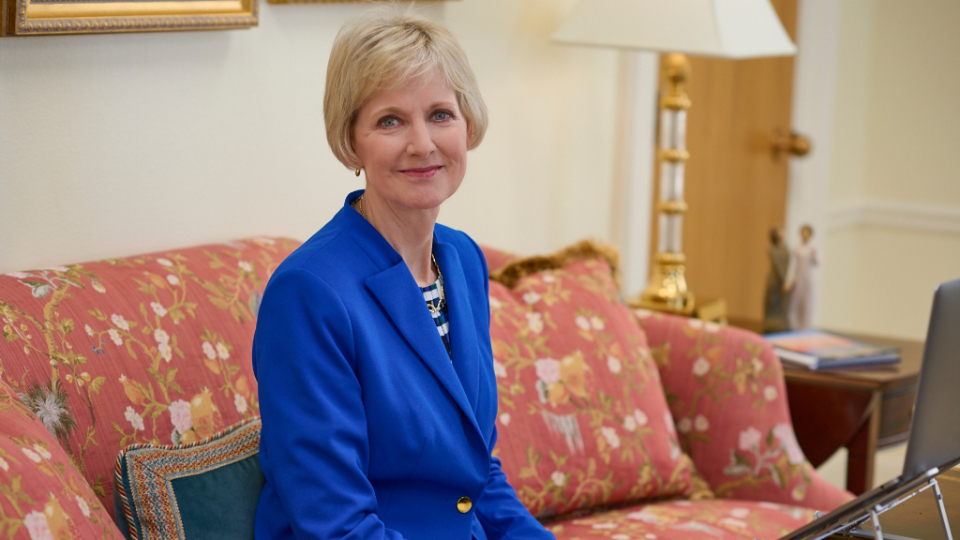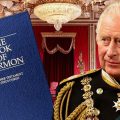The death of President Russell M. Nelson has set in motion a leadership transition for The Church of Jesus Christ of Latter-day Saints, one of the leading Christian denomination. By long-standing tradition, the next president is expected to be the senior apostle, Elder Dallin H. Oaks, a 92-year-old jurist, educator, and long-serving church leader.
Elder Oaks has been a fixture in the Church’s leadership for nearly four decades, widely respected for his intellect, measured demeanor, and principled approach to governance. Over the years, he has cultivated a reputation not only as a spiritual leader but also as a legal scholar and academic administrator.
Born in 1932 in Provo, Utah, Oaks attended Brigham Young University, where he met June Dixon, whom he married in 1952 in the Salt Lake Temple. A member of the Utah National Guard during the Korean War, Oaks did not serve a traditional mission for the Church. He graduated with high honors from BYU before earning a Juris Doctor, cum laude, from the University of Chicago Law School, where he served as editor-in-chief of the prestigious Law Review.
Oaks’s career spanned private practice, academia, and public service. He clerked for Chief Justice Earl Warren of the U.S. Supreme Court and later practiced law at the Chicago firm Kirkland & Ellis. He became a professor and eventually interim dean at the University of Chicago Law School, specializing in trust and estate law, and he authored influential works on church-state relations. In 1971, he became president of BYU, guiding the university through a period of growth and institutional consolidation.
In 1984, Oaks was called as an apostle, joining the Quorum of the Twelve Apostles, the Church’s second-highest governing body. Since then, he has been a central figure in shaping Church policy and public statements, often emphasizing principles of personal responsibility, family values, and religious freedom.
Observers note that Elder Oaks brings a combination of legal acumen, academic leadership, and decades of ecclesiastical experience that position him to guide the Church during a period of global expansion and social change. As the expected next president, he will inherit a Church navigating the challenges of a modern, diverse membership while maintaining the continuity of long-standing doctrines and traditions.
While the formal process of succession is rooted in the Church’s rules of seniority, the choice is also shaped by a lifetime of demonstrated leadership, making Elder Oaks a natural heir to one of the most prominent religious positions in the United States.
Latest posts by Moroni Channel News (see all)
- Harlem Chapel vandalized: NYPD investigates suspect - February 22, 2026
- Church of Jesus Christ donation boosts newborn care at Ramathibodi Hospital - February 21, 2026
- After devastating floods in Thailand, Church of Jesus Christ sends aid to help rural school rebuild - February 21, 2026
- Church of Jesus Christ donates $300,000 to aid the homeless in Montana - February 19, 2026





